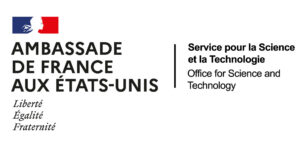Boston
Boston’s university ecosystem is conducive to the development of quantum technologies. At Harvard University, the community of professors and researchers interested in quantum systems has come together in the Harvard Quantum Initiative; at MIT, the MIT Quantum Science and Engineering Consortium (QSEC) aims to reinforce the institutional partnerships between university and industry, and multiply synergies between academic players in different fields (quantum computing, quantum networks, particle physics, electronics …) with a strong involvement of researchers from the Computer Science and Artificial Intelligence Laboratory (CSAIL), integrated into the new MIT Schwarzman College of Computing, and the MIT Lincoln Lab in Lexington, a laboratory mainly funded by the Department of Defense (DoD).
The industry is also structured around industrial communities, like the Quantum Industry Circle (QIC) which brings together the major players in the field : IBM, Boston Consulting Group (BCG), QuEra Computing, Riverlane, Atlantic Quantum, Wellcome Leap, and two French companies Quantonation, an investment fund specializing in early-stage quantum technologies and Pasqal (Netva 2021) a startup co-founded by Alain Aspect, the Nobel laureate, and a leader in quantum computing, based in Boston since 2022. The French footprint in Boston’s quantum ecosystem is further strengthened by the presence of two other French startups Alice & Bob, a quantum computer manufacturer and Qubit Pharmaceuticals, which uses quantum algorithms for drug discovery.
Remarkable fundraising has been made by quantum startups in Boston such as Zapata Computing ($67M) which offers a platform to help companies deploy quantum solutions, QuEra Computing ($17M) which manufactures a quantum computer by using neutral atom technology and Atlantic Quantum ($10M) which develops scalable quantum computers that meet computational challenges.
Chicago
In academia, the University of Chicago dedicates part of the resources of The Pritzker School of Molecular Engineering to quantum engineering research, through programs such as TeachQuantum. Chicago Quantum Exchange academic initiative aims to catalyze and coordinate research into quantum technologies and train its talents by promoting exchanges between scientists, laboratories, academic institutions and industry. Duality accelerator focuses on supporting startups in the field of quantum technologies. Synergies with the healthcare sector are supported by the Discovery Accelerator a joint structure between IBM Quantum and Cleveland Clinic.
The Chicago ecosystem has enabled the emergence of innovative startups such as Super.tech ($2.6M – acquired by ColdQuanta), which ensures the interoperability of any software on any quantum computer. Following the acquisition of Super.tech, ColdQuanta, which specializes in hardware design for quantum computing, also set up in Chicago.
Washington DC
Tech powerhouses Alphabet (Google), Meta, Apple, Microsoft and Amazon are also interested in quantum technologies, and have local offices in Washington DC dedicated to government relations
To support innovation, the Q-Cat startup studio, the Quantum Startup Foundry (QSF) incubator at the University of Maryland and the Mid-Atlantic Quantum Alliance initiative aim to bring together ecosystem players and facilitate the creation and local establishment of companies. Record-breaking funds have been raised, such as that of startup ionQ ($83M pre-IPO, $350M post-IPO), which develops quantum computers.



